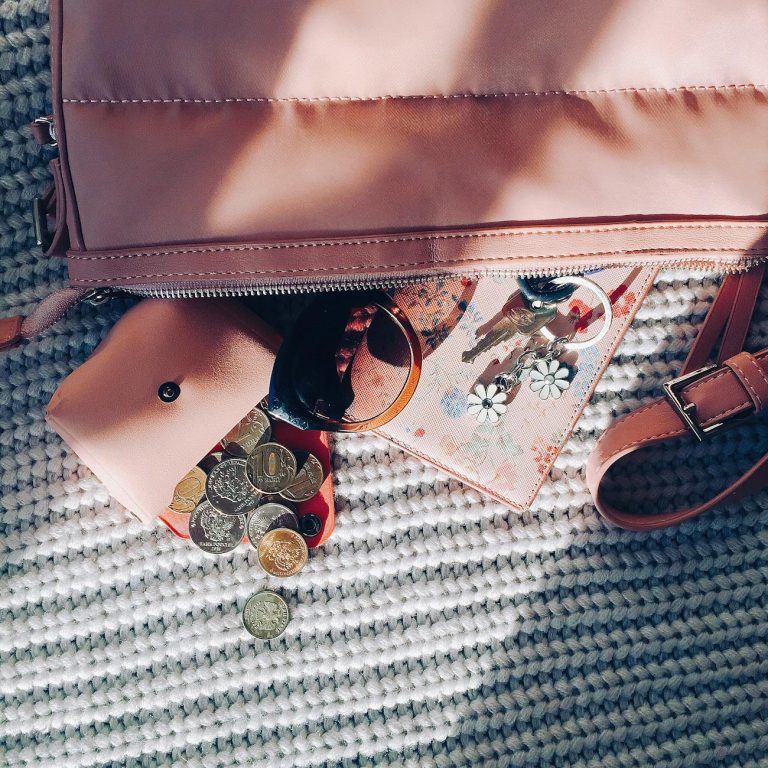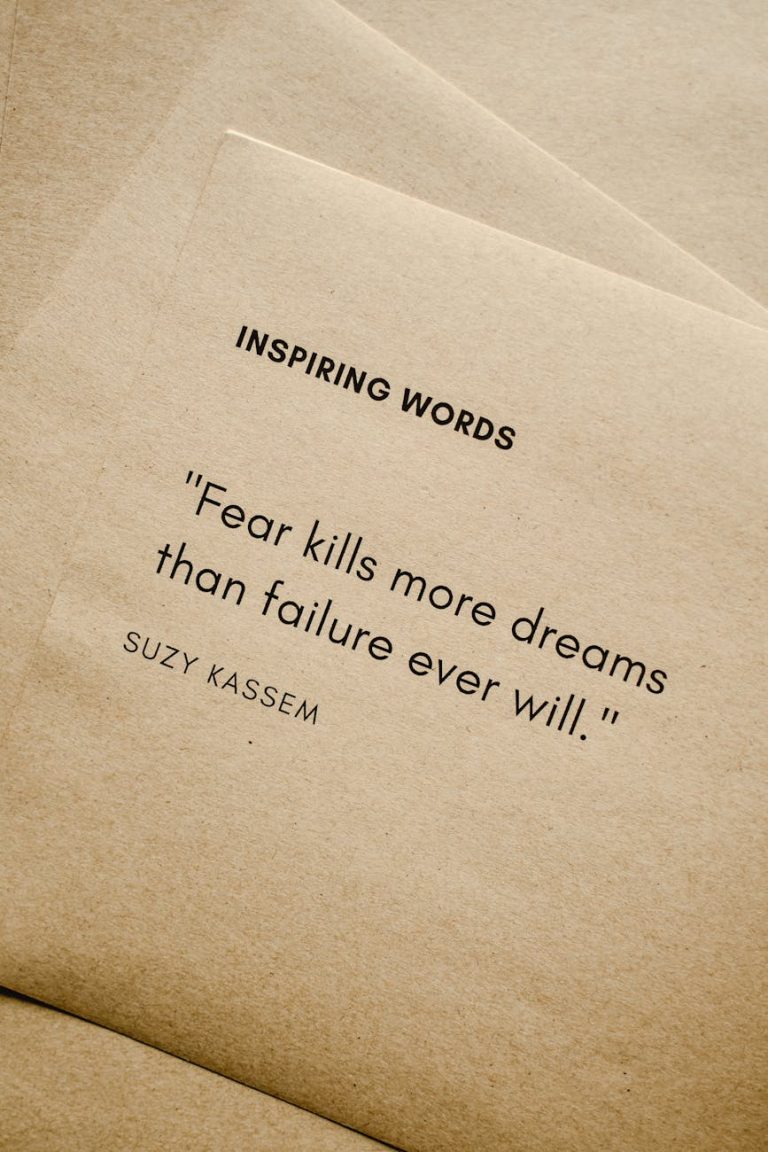
Hi pretties! This is going to be a bit of a personal post, but I’ve noticed that in the world of blogging, being neurodivergent is something that is rarely talked about. Being neurodivergent can have a huge impact on everyday life, and it’s made things difficult for me. Here is what it’s like living as a neurodivergent person!
My disabilities
For context, I stated that I am neurodivergent in my About page. However, I didn’t particularly specify what type of disabilities I have. I have a profound list of neurodevelopmental disorders:
Autism
I was diagnosed with autism in December 2022 at the ripe old age of 28. It’s becoming more common for people to be diagnosed neurodivergent later in life, so this wasn’t a big surprise to me. I’ve always known that I was different. In 2022, my mother brought up the possibility that I was autistic, due to similar behaviors exhibited by my brother. I went to get tested right after we came back from our Spain trip, and lo and behold, I was autistic.
Autism is divided up into three separate levels based on needs. Someone who is a Level 1 autistic requires some support, but for the most part, they are mostly independent. They are able to take care of themselves and even gain employment, but struggle with social cues and nonverbal communication. They also struggle with transitioning and don’t take very well to a lack of routine. Level 2 autistic people require substantial support, as they often have limited verbal skills. They also require daily support. Level 3 autistics require the most support, as they are either nonverbal or have limited verbal communication. They also struggle with daily activities, such as cleaning up after themselves.
My level of autism
My brother is a Level 3 autistic, and I am a Level 2 autistic. Unlike my brother who has to be in a group home due to his substantial needs, I can take care of myself for the most part. I can clean up after myself, dress myself, and all other daily activities. Where I struggle is communicating with strangers. I get very severe anxiety when I have to talk to somebody such as a store clerk or a receptionist. That same anxiety manifests when I have to make phone calls, which neurotypical people can do with no problem. I do require daily support in those areas, but I am slowly getting better.
ADHD
I never expected to get diagnosed with ADHD. In June of 2024 (at 29 years old), I had my ADHD test done. There are three subsets of ADHD. Inattentive ADHD is when someone is unable to concentrate and gets distracted easily. The old term for this type of ADHD is ADD. Hyperactive and impulsive type ADHD is when someone shows signs of hyperactivity and impulsivity. Combined type ADHD is a combination of both inattentive ADHD and hyperactive and impulsive type ADHD. I have the combined type of ADHD. This means I can be very impulsive, which shows in my many purchases (which was a big oopses and I regret it). I can also get distracted very easily. I can have about 6 tabs open on my computer at any time, flipping through all of them.
How I got diagnosed with ADHD was when my psychiatrist noticed I was distracted by what was happening outside my window. I also noticed that I tended to forget where I put important items, like my keys or my phone. Forgetting where I put things could be very hindering, especially if I had somewhere to go. I also tend to talk over my partner a lot (oops), which to my relief, doesn’t irritate him as much as I felt it would.
I now take one medication for my ADHD. Atomoxetine, which is a generic for Straterra, an ADHD medication, and it’s been working wonders. I no longer feel impulsivity and I can focus more on my work and whatever I’m doing without getting distracted.
Depression
I have had depression since my teenage years. I would feel sad and not want to do anything for weeks at a time. Even going to school was a struggle. At 16, I had a stint at a local outpatient mental health program when I self-harmed. Luckily, I never self-harmed again. However, the depression still remained. I was diagnosed at 28 at the same time I took my autism assessment. At first, I tried to do therapy without medication, but I found out quickly that therapy alone was not doing anything. I made the choice to then get on antidepressants to help me out. I am now on escitalopram, which is the generic for Lexapro, and I feel so much better about everything.
Anxiety
Anxiety is the neurodevelopmental disorder that I struggle with the most. I have severe generalized anxiety disorder, which means literally everything makes me anxious. I would worry about everything. It seems kind of silly to worry about your friends being late, or the grocery store running out of my favorite item. However, those are prime examples of things that would set off my anxiety. It would get so bad that I would refuse to leave the house for weeks at a time. What triggers my anxiety is having to socialize with the outside world (social anxiety). I now manage my anxiety with Buspirone, which is an anti-anxiety medication that I take 3 times per day.
How being neurodivergent has affected me
Being neurodivergent can be tough, and here are some ways it’s affected me.
Social life
I don’t have much of a social life due to my neurodiversity, which is a bit sad to think about it. The only times I would ever interact with people is going to work. I need someone I know to always accompany me because of my severe social anxiety. Online communication is also preferred, because it doesn’t give me as much anxiety. My autism also makes it difficult to relate to people. I have alexithymia, which is an inability to show and name emotions, so I often misread people’s feelings. This happens a lot especially when it comes to text conversations. This leads to me asking people to use tone tags, such as /s for sarcasm or /j for joking.
Finances
Due to the impulsivity nature of my ADHD, my finances were a wreck until this year. I would spend constantly on things that would give me a hint of dopamine. When that high went away, I would go buy more things that I didn’t need. This continued for years. What broke the camel’s back was getting my hands on several credit cards (big financial mistake). Luckily, I’ve paid off all those debts, but I learned a huge lesson in controlling my finances. Now that I am on ADHD medication, I no longer feel the need to impulsively buy things just to make me happy.
Being in the world
Being in the world can be tough for me. That’s why I always have some form of sensory comfort on me. When I travel, I always take my AirPods, my AirPods Max, earplugs, and some form of stim toy (I love those little bubble toys where you can push it in). This allows me to tolerate noisy environments, such as cities, malls, and other crowded places. When I traveled to my partner’s house, I would always have earplugs in when sleeping because I couldn’t tolerate the hum of the fans he has in his room. Being in the world can be quite painful at times. The world looks much brighter to me than a neurotypical’s world. Every sound feels like it’s amplified tenfold. However, with medication and coping mechanisms, I am slowly learning how to be part of the world.
Where I am now with my neurodiversities
I am doing so much better with my neurodiversity than I was last year. Going to the gym without headphones felt impossible this time last year, but I feel confident enough to do it. I also feel so much better about my progress, and I am very proud of how far I’ve come.
I hope this helps anyone who is neurodivergent and feels alone. You are never alone. ♡
Pin it






